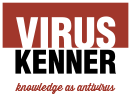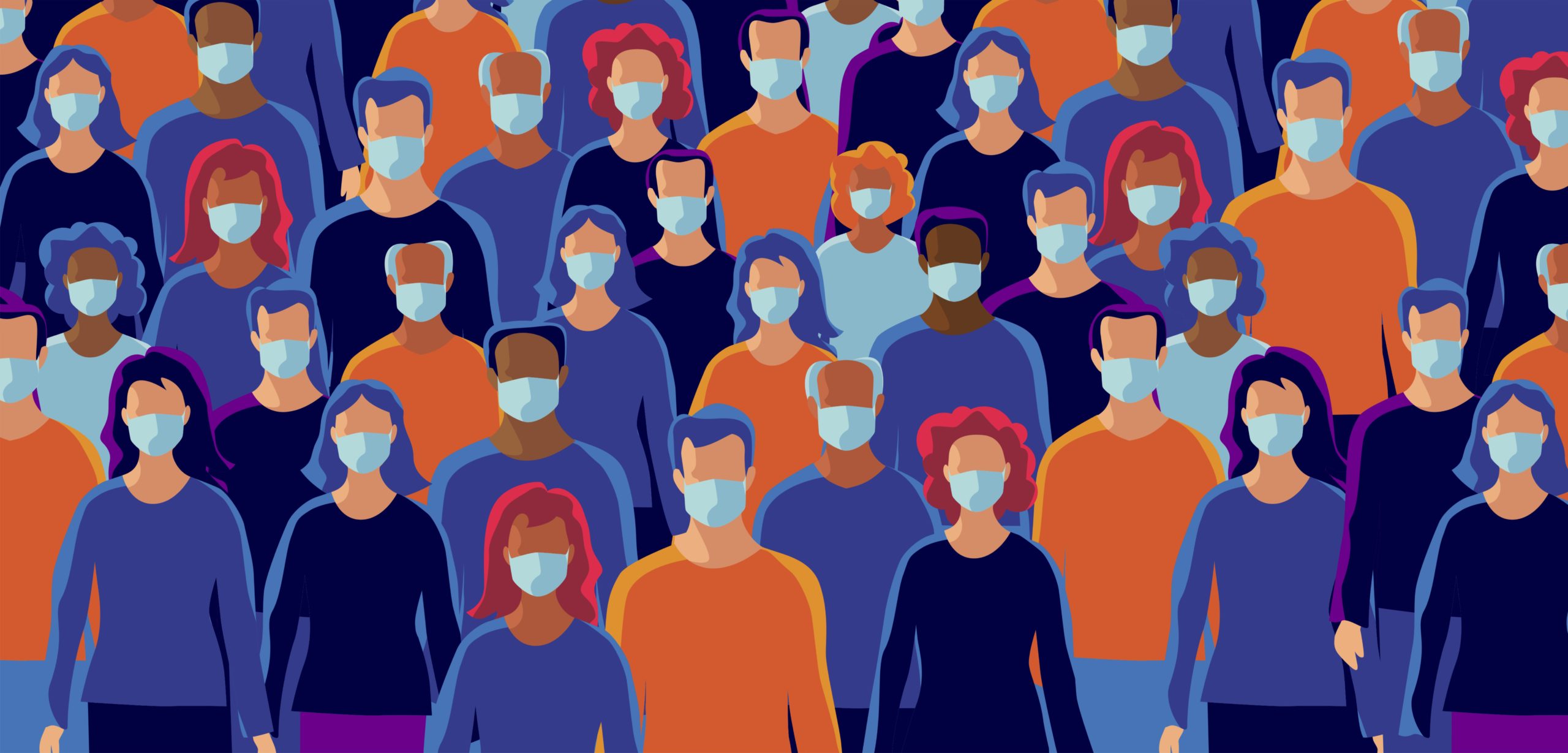Wekelijkse update van het nieuws rondom Corona, wereldwijd
30 maart – 5 april 2020
(Engels)
Animals:
Seven big cats at New York City’s Bronx zoo showed respiratory symptoms, and one of the tigers tested positive for COVID-19. While the zoo has been closed off to the public since March 16, the infected animals are suspected to have been infected by a zoo employee. Under careful monitoring and treatment, all the big cats are expected to make a full recovery. This tiger appears to be the first confirmed animal case of coronavirus in the US.
https://time.com/5815939/tiger-bronx-zoo-positive-coronavirus/
The NL:
1.
RIVM has launched a new study to determine how many people have the SARS-CoVID-2 antibodies. Anyone who has been in contact with coronavirus will develop antibodies. The study will take approximately 18-months, with preliminary results this upcoming May. Overtime, this will show the effectiveness of herd immunity and we are capable of fighting off a second round of infection in the long run. RIVM will take fingerpicked blood samples from participants, who also took part in the 2016/2017 PIENTER study. Stored participants’ blood samples from the PIENTER will be used to compare the two blood samples. By measuring the amount of antibodies in these people’s blood, RIVM hopes to learn about the viral spread and the development of herd immunity in all age groups.
https://www.rivm.nl/en/news/rivm-launches-study-on-coronavirus-herd-immunity
https://www.rivm.nl/en/pienter-corona-study
2.
WUR launches youtube videos to discuss coronavirus topics: https://www.youtube.com/watch?v=7PGCapZKBkU (released 2 April 2020)
Germany:
While Germany is fourth in the most cases of CoVID-19 at just over 100,000 (as of 5 April 2020), it has 10 times less deaths than Italy. Germany has managed to keep fatalities relatively low by upscaling testing methods in the country. In January, the country developed a streamlined and reliable system for CoVID testing, leading to rapid mass production of testing kits. Germany administered the most tests in the world per capita, at approximately 2,023 per million people (as of 15 March). Due to its widespread testing approach, Germany has managed to identify not only severe, symptomatic cases, but also milder cases as well.
Afghanistan:
Between humanitarian crises and political obstacles, Afghanistan has been hit hard by the pandemic. In February, the Afghan ministry of public health distributed hand sanitizers to the Afghan Japan Hospital in Kabul, which was named the primary coronavirus treatment facility in the country capital. However, the hand sanitizers provided by the ministry tested to have zero alcohol content. With a shortage of ventilators and testing kits, Afghanistan is wholly unprepared for the pandemic, and the situation is predicted to get much worse with only two designated CoVID hospitals and only 12 ventilators between both hospitals (as of 2 April 2020).
https://theintercept.com/2020/04/02/coronavirus-afghanistan/
Indonesia:
On April 2, the number of coronavirus fatalities in Indonesia reached 170, surpassing Indonesia’s total avian influenza mortalities (168) in over two decades. The mortality rate in the country is 9.4%, making it one of the highest rates globally.
Lebanon:
At least eight municipalities in Lebanon hace put into place curfews that restrict the movement of Syrian refugees. These restrictions are exclusive to Syrian refugees, and there is no evidence that proves discriminating these refugees will limit the spread of coronavirus. So far, the country has reported 494 confirmed cases and 16 deaths from the coronavirus, but none of the infected or deceased being refugees (as of 2 April 2020).
Publications and Trials
1.
(2 April 2020) An international team led by Dr. Josef Penninger at the University of British Columbia have created a trial drug that inhibits CoVID from binding to crucial receptors in organoid tissues (scientifically engineered human tissues). SARS-CoV-2 virus binds to the ACE2 receptor found on human cells. The team developed an anti-viral drug APN01 (human recombinant soluble angiotensin-converting enzyme 2 — hrsACE2) that blocks coronavirus from binding onto ACE2 receptors. On vessel and kidney organoids, this drug reduced the viral load by a factor of 1,000-5,000. The drug will soon undergo clinical trial testings by the European biotech company Apeiron Biologics.
https://www.sciencedaily.com/releases/2020/04/200402144526.htm
2.
(Published 3 April 2020) The importance of face masks: Nancy Leung of the University of Hong Kong and colleagues collected respiratory droplets and aerosols from patients with viral respiratory illnesses. In the case of patients infected with coronavirus, the RNA virus was detected in respiratory droplets and aerosols in 3 of 10 (30%) and 4 of 10 (40%) of the samples collected without face masks, respectively. Participants who did wear face masks did not have any virus in respiratory droplets or aerosols. This indicated that detection in respiratory droplets decreased, signifying that surgical facemasks can potentially prevent coronavirus transmission if worn by people who present with coronavirus symptoms.
Leung, N.H.L., Chu, D.K.W., Shiu, E.Y.C. et al. Respiratory virus shedding in exhaled breath and efficacy of face masks. Nat Med (2020). https://doi.org/10.1038/s41591-020-0843-2
Resources to Track Cases:
Johns Hopkins Map: https://coronavirus.jhu.edu/map.html

